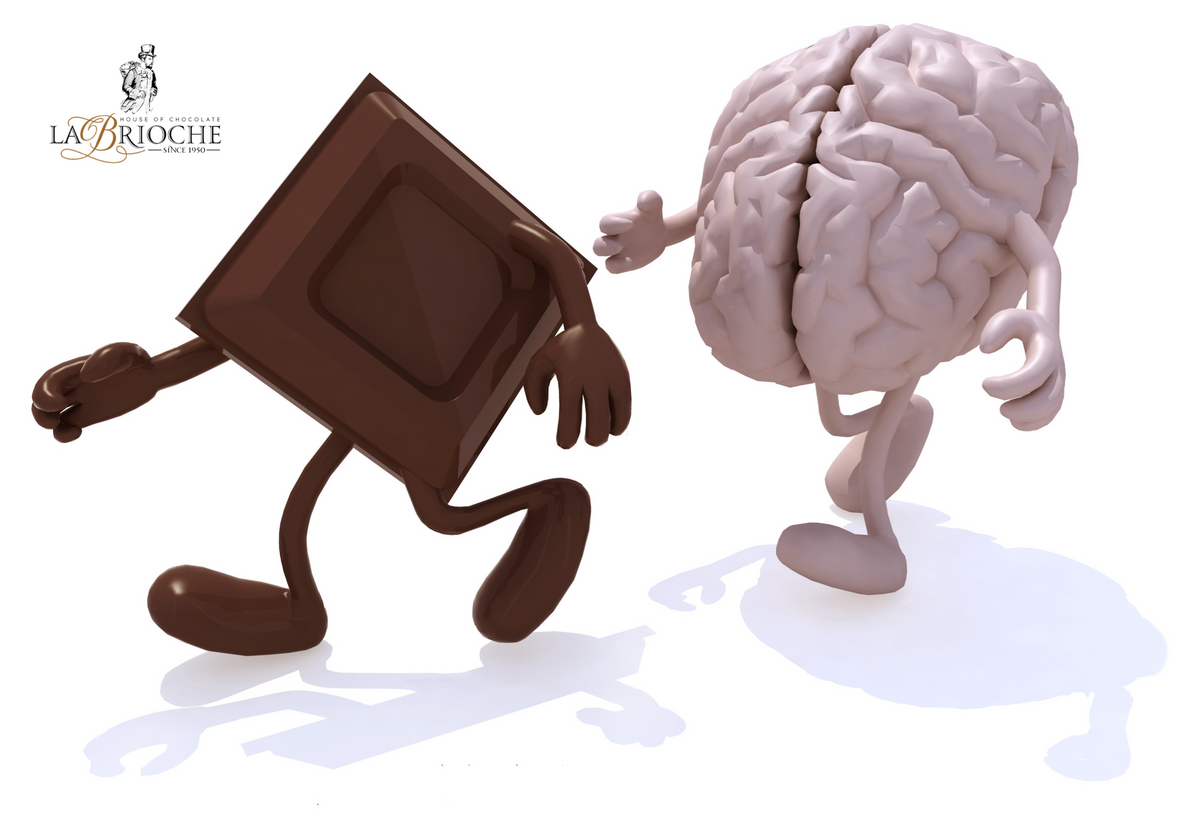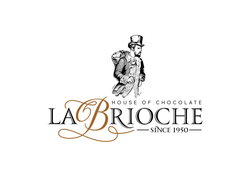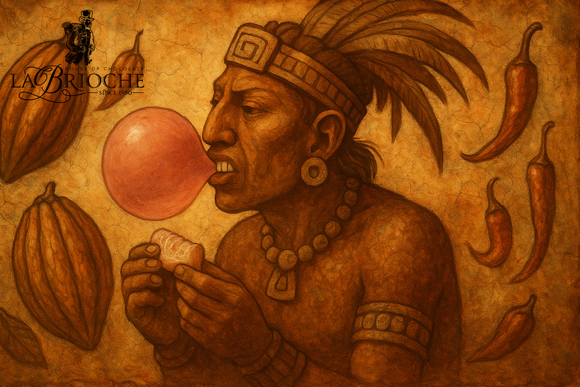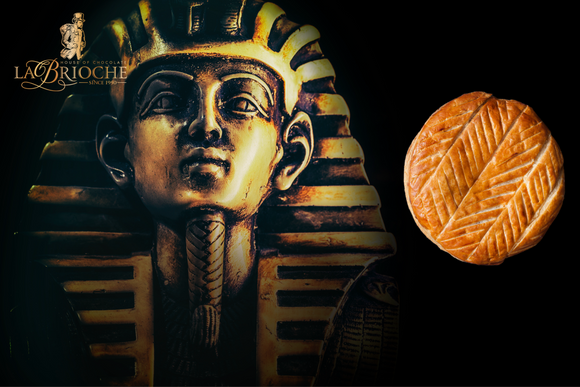
Is Chocolate a Real Aphrodisiac?
Omar Adnan Jabri
The concept of chocolate being an aphrodisiac has been a popular belief for centuries, with chocolate often associated with romance, love, and passion. However, the scientific evidence supporting chocolate's aphrodisiac properties is limited, and it remains a controversial topic among researchers and experts.
Historically, chocolate has been considered an aphrodisiac due to its association with the Aztec and Mayan civilizations, who believed that cacao had mystical and aphrodisiac properties. Additionally, chocolate has been linked to the release of endorphins, the "feel-good" hormones, which can create a pleasurable sensation and enhance mood, potentially leading to a heightened sense of romance or intimacy.
However, when it comes to scientific evidence, the direct aphrodisiac effects of chocolate are not well-established. The purported aphrodisiac properties of chocolate are mainly based on anecdotal reports, cultural beliefs, and marketing strategies, rather than solid scientific evidence. The effects of chocolate on human physiology and psychology are complex and can vary from person to person.
There are some potential physiological and psychological factors that may contribute to the perception of chocolate as an aphrodisiac. For example, the sensory experience of eating chocolate, with its rich taste, smooth texture, and aroma, can create a pleasurable sensation and stimulate the senses, which may indirectly influence mood and intimacy.
In addition, chocolate contains some bioactive compounds, such as phenylethylamine (PEA), which is a naturally occurring compound that acts as a neurotransmitter in the brain and is associated with mood enhancement. However, the levels of PEA in chocolate are relatively low, and it is unclear whether the amounts found in chocolate are enough to have a significant impact on mood or libido.
Furthermore, the psychological and emotional associations with chocolate, such as cultural beliefs, personal memories, and emotional connections, may play a role in its perceived aphrodisiac effects. For example, the ritual of sharing chocolate with a loved one, giving or receiving chocolate as a gift, or using chocolate as a form of indulgence or self-care can create a romantic or intimate ambiance, which may influence one's perception of chocolate as an aphrodisiac.
In conclusion, while the belief in chocolate as an aphrodisiac has a long history and is deeply ingrained in popular culture, the scientific evidence supporting its direct aphrodisiac properties is limited. The effects of chocolate on romance, intimacy, and mood are likely to be subjective and influenced by various physiological, psychological, and social factors. Therefore, it is important to approach the concept of chocolate as an aphrodisiac with a critical and balanced perspective, taking into account individual differences and the lack of solid scientific evidence.



